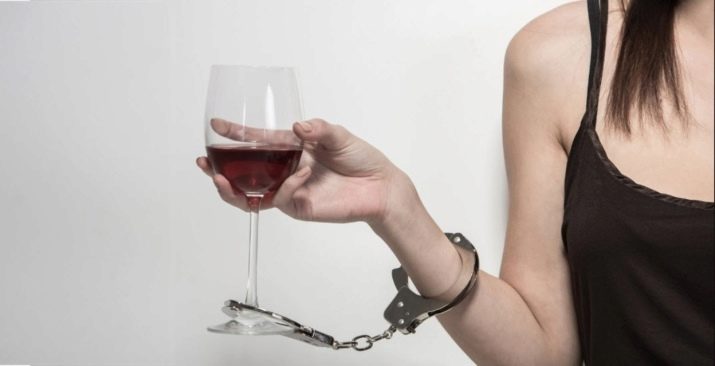All about dipsomania

Often we see such a picture, it is often shown in films with various plots: a person after a scandal or an unpleasant situation that has occurred takes out a bottle of expensive alcohol from the bar and drinks with pleasure. After that, he calms down a little. For some reason, people believe that these actions will definitely bring relief. And no one even thinks about the fact that this habit damages not only physical health, but also the psyche. This hobby for alcohol is called dipsomania.
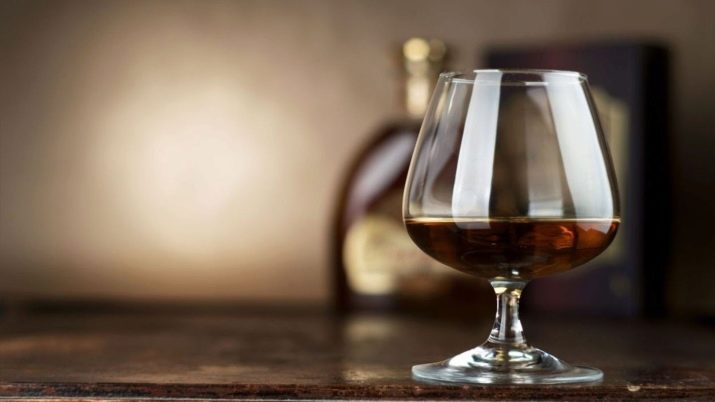
What it is?
There are various mental disorders. Dipsomania stands out among them. She represents psychological alcoholism, namely: solving problems with the help of alcohol.
For example, the average alcoholic simply consumes alcohol-containing foods. He does not think about why he is doing this. In this case, his body, getting used to alcohol, itself requires a drink.
In the case when a person suffers from dipsomania, the situation is different. Such an individual will not abuse alcohol if everything in his life is going well. And only when the problems begin, the dipsoman will take up the bottle. He believes that this can relieve any stress and heal the state of mind. For such a person, alcohol is a medicine, just like pills for getting out of depression.
Everyone knows that drinking doesn't solve problems. Dipsoman himself understands this. Despite this, he cannot stop drinking, because without a dubious incentive he will be left alone with the problem. Thus, a person is captured by his vice.

In order not to suffer, he buys wine, and then, having sober up, begins to think about the fact that he risks slipping into alcoholism... And at the same time, problems press him. The result is a depression that is double-pronged.And to escape from her, you need to drink again.
Usually, dipsomaniacs consume alcohol all alone. They do not need a company, since their own consciousness will make it possible to work out all the scenarios.
It should be noted here that dipsomaniacs have a number of mental problems. And they're pretty serious. Not everyone can drink alone for a long time. And the obsessive-compulsive individual is capable of such actions. Moreover, at this time he can talk both with himself and with the bottle.
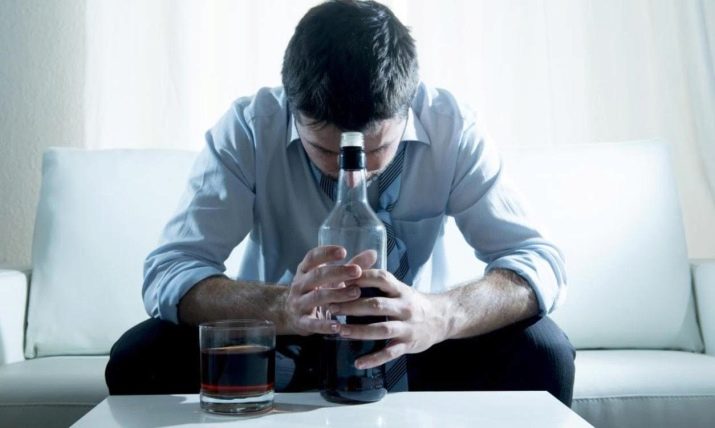
A drunk person is trying to resolve internal conflicts with these actions and does not notice that alcohol simply "takes away" from reality. And then she comes back again along with the problems, as soon as the sobering sets in.
Symptoms
Alcohol addiction has its own symptoms. They are similar to the manifestations of other psychopathological delusions. Addicts struggle with habits from time to time.
So, dipsomaniacs are attracted to alcohol. This attraction is not always manifested. A mania addict may not have a craving for alcohol for a long time.. Sometimes remission lasts for years... It also happens that alcohol causes even disgust, but only until the obsessive state begins.
After research, it was found that mental illness is hereditary. It is possible that close relatives (father, mother) had deviations that were inherited by the child. And then the child grew up and fell ill with dipsomania.
Yet again, the disease manifested itself as a result of a negative situation. Probably, his wife left the man or he lost a close relative, and such an event gave an impetus.

To cope with the negativity, the person simply "went" into the binge. In addition, dipsomania often develops against the background of disturbances in the work of the endocrine system. It is she who causes the nervous system to malfunction, and then this factor leads to the development of mania. Alcohol dependence can also provoke hormonal changes in the body. That's why women need to see a specialist more often to prevent unnecessary consequences.
Symptoms of dipsomania often begin due to the appearance of depression or anxiety in an individual. A feeling of hopelessness and melancholy engulfs the patient's mind. These manifestations are accompanied by loss of appetite and headaches.
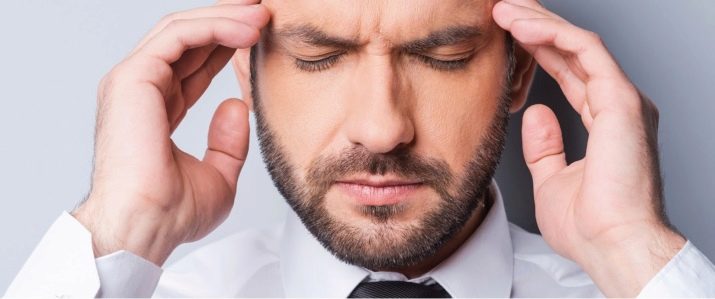
At these moments, the craving for the bottle awakens.
Dipsoman understands that he is addicted and has a problem. However, he cannot refuse alcohol, since he sincerely believes that alcohol helps him to relieve stress. And only the help of doctors is able to bring such a patient out of this state.
It should be added that dipsomania can trigger the development of alcoholism... And then the treatment is carried out in several directions at once. However, the diagnosis is always made first, and if the patient suffers from several diseases at once, then the diagnosis becomes much more complicated. Therefore, it is necessary to remember about the warnings that will preserve health.

Prophylaxis
Keep in mind that all diseases associated with mental disorders are not fully understood, as they are hidden in the deep subconscious of the person. The same can be said for dipsomania. Without a complete identification of the causes of the disease, its treatment is difficult.
As a result, doctors relieve symptoms, but only when a person enters the period of the onset of the disease. And the sooner specialists start to take action, the more chances of success. Dipsomania occurs periodically, so when the disease enters the stage of complete remission, a person leads a full life. He has no negative changes in health.
Close relatives need to monitor the state of the dipsoman. For any manifestations of incipient seizures, you should consult a doctor. And the sooner this happens, the sooner the treatment will begin. Specialists eliminate the signs of depression with drugs, thereby preventing binge drinking.
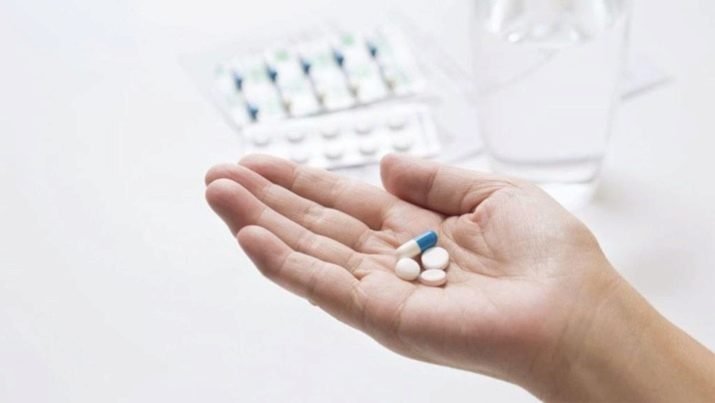
You should always remember that eliminating the cause (depression, aggressive behavior, and so on) will help eliminate the consequences. Therefore, the doctor will begin to carry out a series of actions.
- Revealing the psychological state of the individual. Then the patient is explained that his disease is harmful to health.
- It is necessary to protect a person from the bad influences of the environment. With the help of the patient's relatives, the problem is stopped or eliminated at least for the duration of treatment.
- Dealing with stress is key. To solve this problem, there are many techniques: hypnosis, physiotherapy, sports, hobby, auto-training.
Methods for getting out of difficult situations are proposed. This will be helped by a psychotherapist who will offer the following methods: psychoanalytic direction in treatment, behavioristic direction, personality-oriented (reconstructive) psychotherapy, suggestive psychotherapy, behavioral psychotherapy, emotional stress psychotherapy. As well as transactional (transactional) analysis, neurolinguistic programming, positive psychotherapy, art therapy.

Positive thinking is essential in all situations. It is necessary to learn how to develop it.
- Without a purpose, our life turns gray... Therefore, it is necessary to set tasks and strive to fulfill them.
- Close people will help you gain confidence in your abilities. And this task is quite feasible.
- Getting rid of fears is paramount... Obsessive thoughts develop a negative attitude towards the world around you.
- Discover a new world... Change your thinking and put problems in the past.
It is not always possible to predict the current problem. Therefore, with the onset of a negative state, one should strive to remove all manifestations of dipsomania as soon as possible.
It is advisable to carry out treatment in a hospital setting. Only there the diplomat will be provided with appropriate care, where there will be no conditions for drinking.

And if for some reason it is not possible to put a person in the hospital, then try to reduce the dose of alcohol. This should be done purposefully, despite the protests of the diplomat.
Despite a long study of the problem and the search for various methods of treatment, specialists have not been able to find ways that completely relieve a sick person from this ailment. Alcohol addiction is a mental disorder. And if a person does not have enough strength to pull himself together and show willpower, then it will be very difficult for him to get rid of dipsomania.
